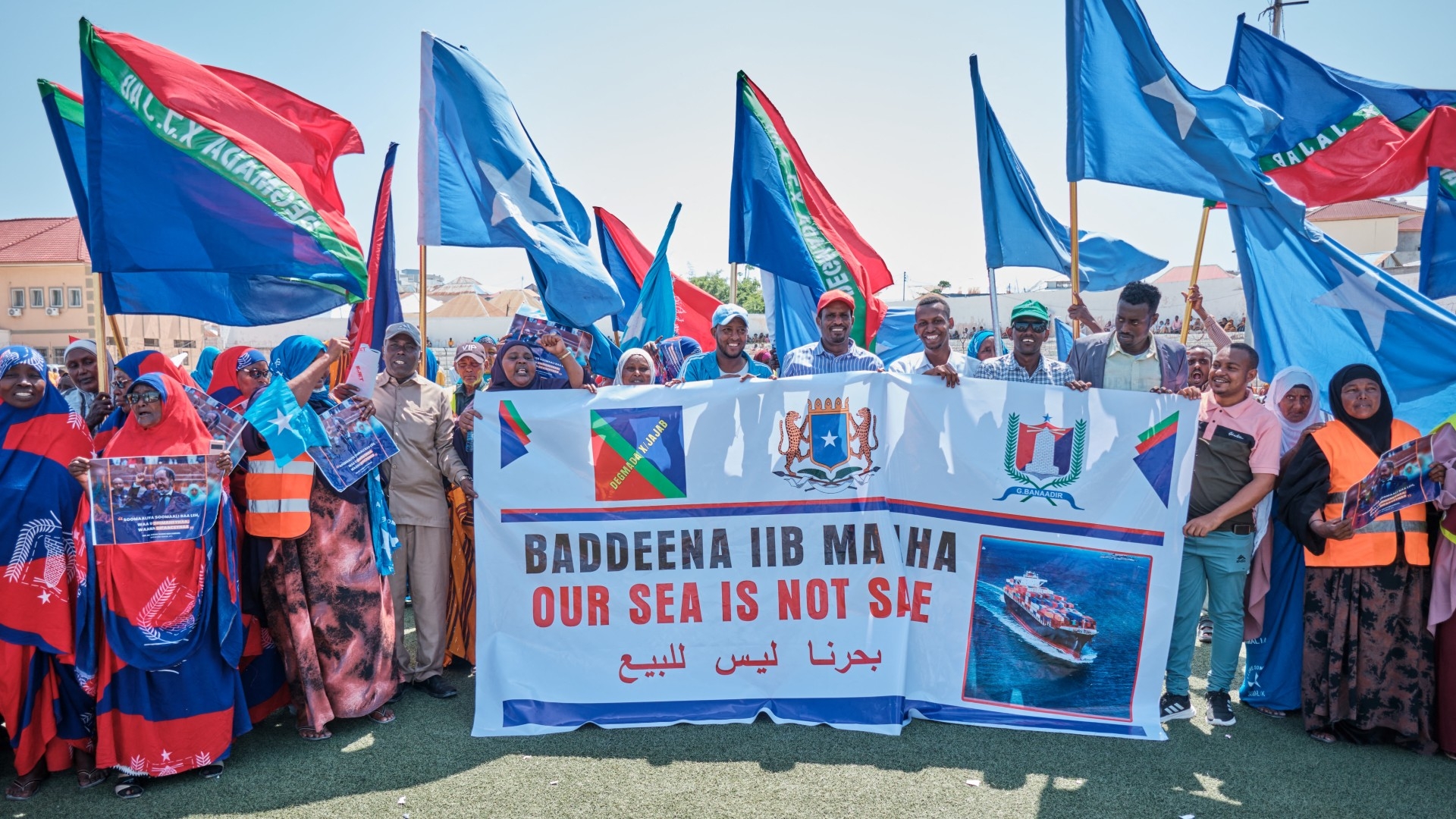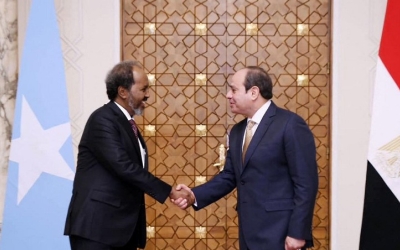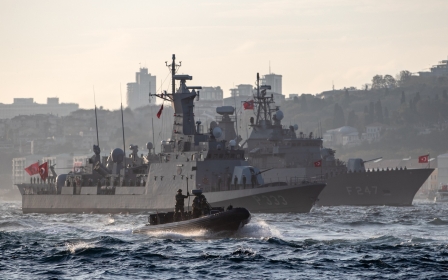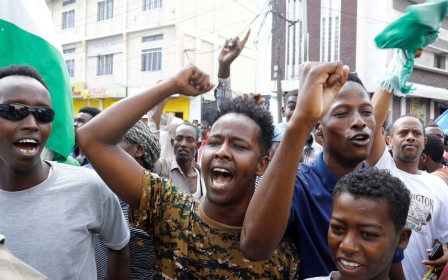Egypt asks citizens to leave Somaliland as tensions with Ethiopia mount

Egypt has warned its citizens against travel to the breakaway Somali region of Somaliland, citing security concerns, as tensions mount in the Horn of Africa.
Cairo has offered political and military support for Somalia in its dispute with Somaliland, a region that unilaterally declared independence in 1991 but is not recognised by any country.
As part of its attempt to gain a foothold in the Horn of Africa, Egypt has forged close military ties with Mogadishu.
The move comes as landlocked Ethiopia signed a deal with Somaliland in January to use 19km of its Red Sea shores for commercial and naval operations in exchange for Addis Ababa’s future recognition of the latter’s independence.
A defence agreement between Egypt and Somalia signed in July includes the deployment of 10,000 troops to the country.
New MEE newsletter: Jerusalem Dispatch
Sign up to get the latest insights and analysis on Israel-Palestine, alongside Turkey Unpacked and other MEE newsletters
Half of the soldiers will join an African Union peacekeeping force and the other half will be deployed as part of a bilateral defence arrangement.
Cairo has also sent weapons to Mogadishu and is due to train its armed forces as part of the pact.
The developments have heightened tensions between Cairo and Addis Ababa, which are already at odds over Ethiopia’s controversial Renaissance Dam.
Egyptian officials say the dam poses an existential threat to its share of Nile water.
'Leave as soon as possible'
On Sunday, the Egyptian embassy in Mogadishu issued a statement warning against travel to Somaliland and asking nationals to leave as soon as possible.
“The Embassy of the Arab Republic of Egypt in Mogadishu urges all Egyptian nationals to avoid travelling to the Somaliland region of the Federal Republic of Somalia due to the impact of the unstable security situation on their safety,” it said.
“The embassy also calls on Egyptians currently in the region to leave as soon as possible via Hargeisa Airport. It emphasises that the current security situation in the region limits the ability to provide any consular assistance to Egyptians there.”
On Friday, the Somali government once again accused Ethiopia of violating its sovereignty after it sent “unauthorised” arms shipments to the semi-autonomous Puntland region of Somalia.
“This activity constitutes a grave infringement on Somalia’s sovereignty and poses serious implications for national and regional security,” the foreign ministry said in a statement.
Egypt’s military pact with Somalia and Ethiopia’s bid to gain Red Sea access have prompted speculation about a regional conflict in the Horn of Africa, particularly as Turkey’s attempts to broker reconciliation between Ethiopia and Somalia have so far failed.
Somaliland said it rejects the presence of Egyptian forces in Somalia.
Its foreign minister, Essa Kayd, stated earlier this month that the deployment contributes to proxy conflicts in the Horn of Africa.
The Somaliland government has also decided to permanently close the Egyptian Cultural Library in Hargeisa, citing serious security concerns.
All Egyptian staff were ordered on 11 September to leave the breakaway region within 72 hours, according to Kayd.
Middle East Eye delivers independent and unrivalled coverage and analysis of the Middle East, North Africa and beyond. To learn more about republishing this content and the associated fees, please fill out this form. More about MEE can be found here.





